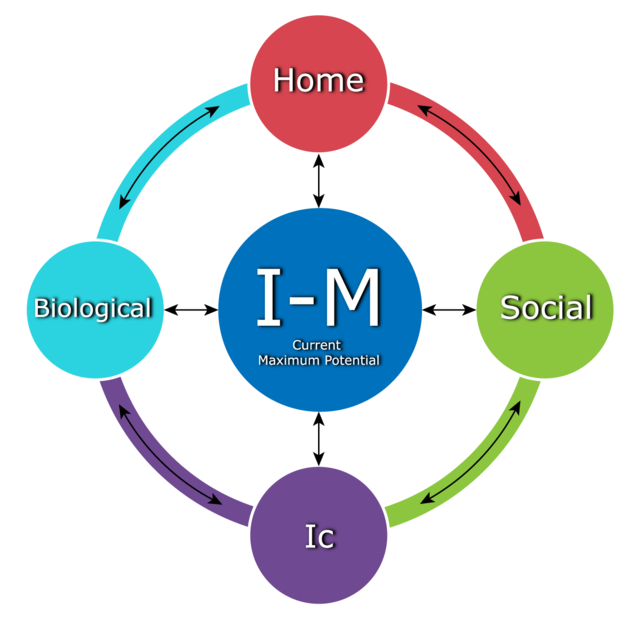Jealousy
Are You Envious or Jealous?
You may be surprised to learn that they are not the same emotion.
Posted March 25, 2021 Reviewed by Jessica Schrader
Oftentimes, people use the terms jealousy and envy interchangeably, but they are actually distinct emotional cousins. With malicious envy, you believe in your heart of hearts that you will never be able to get what someone else has. The emotion is less focused on the individual than on the “resource,” or the “success.” For instance, a teen might say, “Why does my friend Jennifer get to wear the expensive jeans?!” You don’t necessarily feel anger or hatred toward that individual because they have more, you just feel badly because you don’t have it. Uncontrolled envy like this can turn into what seems like a jealous rage. Take the Snow White fairy tale. The Evil Stepmother envies poor Snow White’s beauty. Her obsessive vendetta against Snow White has only to do with what she wants and cannot get. Her tragic solution, as we all know, is to knock off the young beauty with a poisoned apple.
Jealousy, on the other hand, cuts right to the fear of loss, particularly within the domain of relationships. It is the wish to keep what you have, that someone else could take from you. If you are the jealous type, you might become uneasy when you hear your new boyfriend was seen with another woman. That woman might in fact be his sister or colleague, but the jealous mind can quickly jump to the dark, angry possibility of a rival. You can also be jealous of your colleague because the boss gives him more attention. A salient example of jealousy run amok is in Shakespeare’s tragedy Othello, in which the term green-eyed monster was first penned. The evil Iago (envious of Othello’s position) plots to make it appear as if Othello’s wife Desdemona is having an affair with Cassio. Confronted with what he thinks is “proof,” Othello flies into a jealous rage and smothers his beloved Desdemona. Jealousy may lead to suspicion, another source of anger, which we explore in a later post.
It’s easy to see why envy and jealousy get mixed up. These are both feelings that bring up deep insecurities and anxiety in people—lack of resources, and loss of relationships. And envy and jealousy are commonly experienced together—another reason for their confusion. You can be envious of another guy’s wealth and status, and become jealous when he starts flirting with your wife. Each is capable of sparking hurt, anger, and aggression.
Recognize rage. Envision envy. The first two steps in outsmarting anger, our most dangerous emotion.
There is nothing wrong with anger. It's what you do with it that matters.

References
Outsmarting Anger: 7 Strategies for Defusing our Most Dangerous Emotion. Joseph Shrand, MD. Leigh Devine, MS. Second Printing 2021 Books Forward Press.


